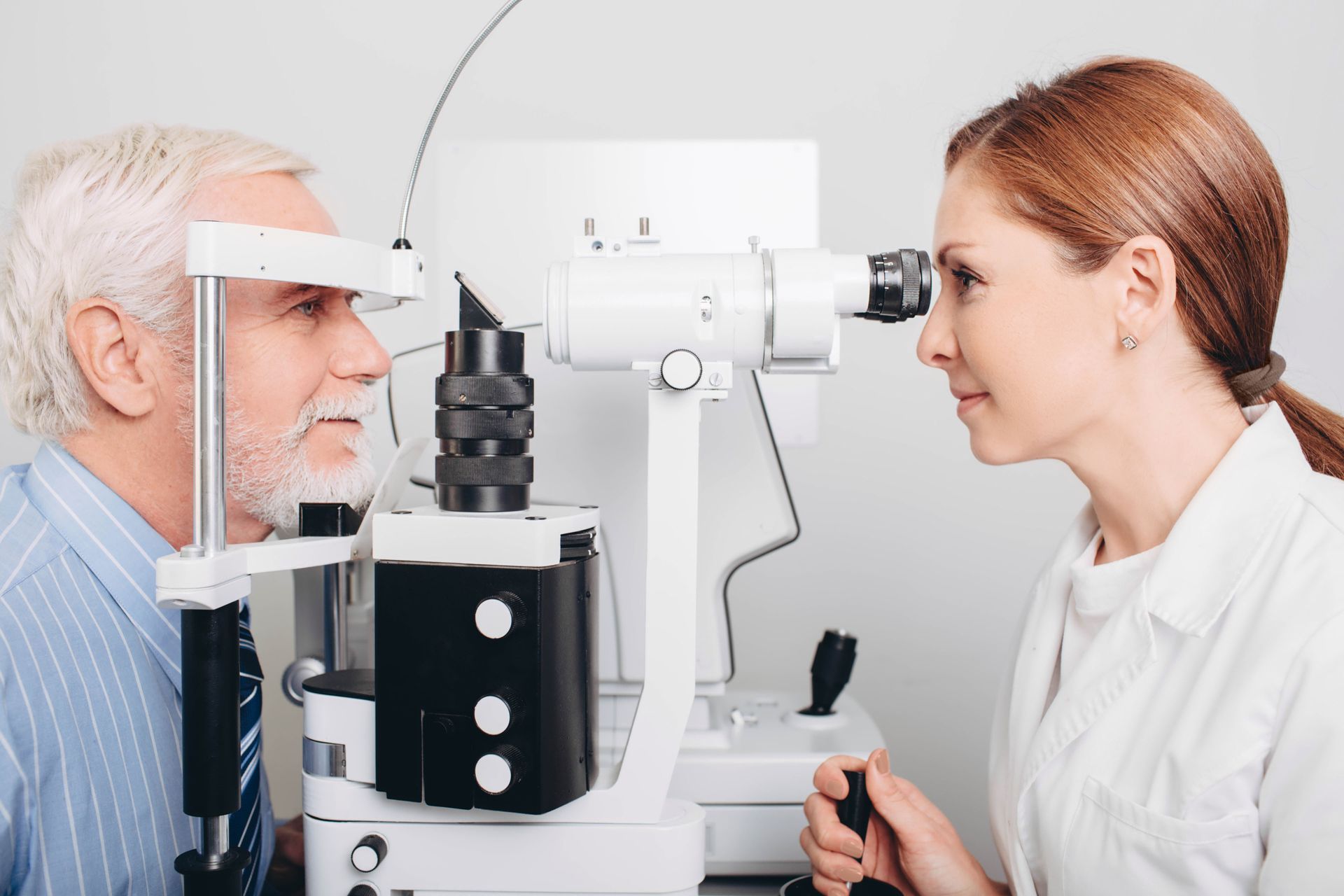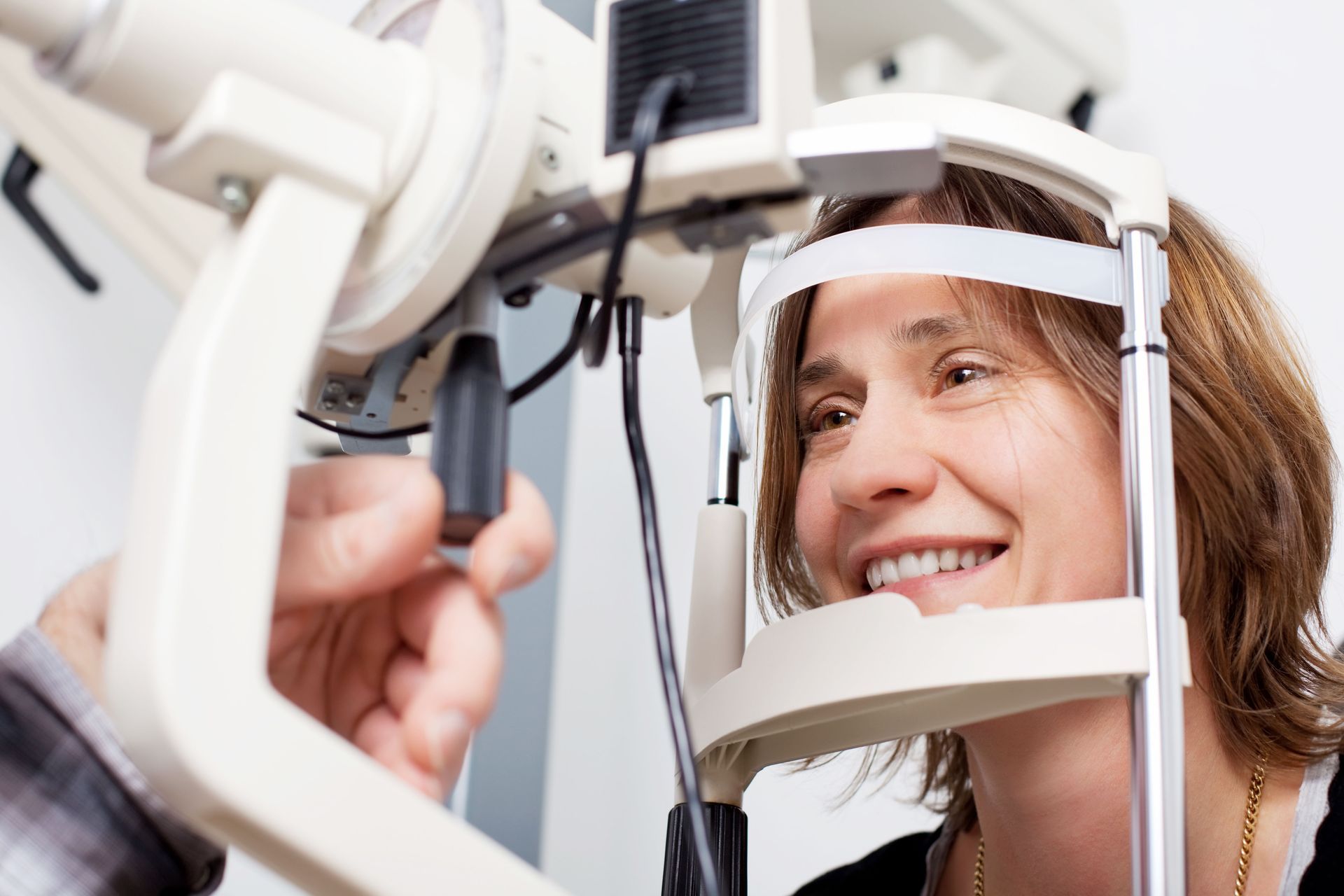Understanding the Major Responsibilities of Optometrist Offices
Healthy vision is essential for everyday life, and maintaining it requires more than just an occasional checkup. Optometrist offices serve as the foundation of comprehensive eye care, providing a range of services that go far beyond prescribing glasses. These professionals combine clinical expertise, advanced diagnostic tools, and personalized attention to protect one of your body’s most vital senses—your sight. From prevention and early detection to treatment and patient education, optometrists play a vital role in helping people of all ages see clearly and live comfortably.
Understand the Core Role of Optometrists
Modern optometrist offices are equipped to handle far more than simple vision screenings. They provide comprehensive examinations, assess eye health, and detect early signs of serious conditions that could threaten vision if left untreated. During each visit, optometrists evaluate not only visual clarity but also the health of structures within the eye, such as the retina, cornea, and optic nerve. This approach ensures that patients receive a complete picture of their visual well-being.
According to the U.S. Bureau of Labor Statistics, optometrists do three major things among other responsibilities: diagnose, manage, and treat conditions and diseases of the human eye and visual system, including examining eyes and prescribing corrective lenses. This blend of medical knowledge and hands-on care makes optometrists essential healthcare providers rather than just vision specialists. Their work bridges the gap between general wellness and long-term eye health management.
Deliver Comprehensive Eye Exams
Eye exams form the foundation of services provided by optometrist offices. Through these detailed evaluations, patients can uncover underlying conditions that may not present immediate symptoms. Exams typically include visual acuity testing, depth perception checks, and retinal imaging to assess the inner structures of the eye. These procedures not only identify vision issues but also detect health concerns like diabetes or high blood pressure, which often manifest through ocular changes first.
Optometrists tailor each exam based on the patient’s needs—whether they’re a child developing visual skills or an adult experiencing age-related changes. Pediatric eye care is especially critical, as early detection of issues like lazy eye or nearsightedness can prevent long-term complications. By making regular visits to a trusted practice, patients can stay proactive about their vision health while ensuring that any necessary corrective measures are applied promptly.
Prescribe and Manage Corrective Lenses
One of the most familiar yet complex responsibilities in optometrist offices is prescribing corrective lenses. Every patient’s eyes are unique, requiring individualized prescriptions for glasses or contact lenses. Optometrists use advanced refraction tests and precise measurements to ensure that each lens provides clear, comfortable vision. These prescriptions can correct refractive errors such as nearsightedness, farsightedness, or astigmatism, significantly improving daily life and productivity.
Many practices also provide a wide selection of designer frames and contact lenses, combining medical precision with style and convenience. Regular follow-ups help ensure that prescriptions remain accurate as patients’ eyes change over time. The attention to detail that goes into fitting and maintaining corrective lenses underscores the ongoing relationship between optometrist and patient—a partnership dedicated to preserving sharp, strain-free vision.
Detect and Manage Eye Diseases
Beyond vision correction, optometrists are trained to identify and manage eye diseases that could impact long-term sight. Conditions such as glaucoma, cataracts, macular degeneration, and diabetic retinopathy require vigilant monitoring and early intervention. Using diagnostic equipment like tonometers and retinal scanners, optometrists can detect even subtle signs of disease before symptoms develop. Early diagnosis not only preserves sight but can prevent serious complications that affect overall health.
Once diagnosed, optometrists may provide ongoing treatment or coordinate care with ophthalmologists for specialized procedures. This collaborative model ensures that patients receive complete, continuous management throughout their treatment journey. By combining preventative screening with active disease management, optometrist offices act as both protectors and advocates for visual wellness.
Offer Vision Therapy and Specialized Care
Vision therapy provides targeted, non-surgical interventions designed to strengthen visual function. Tailored programs may include exercises, visual tracking activities, or specialized lenses that address problems with coordination, focus, or perception. This approach is especially beneficial for children with developmental vision challenges or adults suffering from digital eye strain. Optometrists customize these therapy plans to improve visual efficiency and comfort in everyday life.
Some practices also focus on specialty contact lenses for conditions like keratoconus or post-surgical recovery. Through these specialized services, optometrists expand the boundaries of traditional eye care, ensuring that patients with complex needs receive precise, compassionate treatment. It’s this versatility that makes optometrist offices so valuable—they adapt care to the individual rather than relying on a one-size-fits-all approach.
Emphasize Preventative and Lifestyle-Based Care
Preventative eye care lies at the heart of optometric practice. Regular screenings help catch small issues before they escalate, protecting patients from avoidable vision loss. Optometrists also provide guidance on daily habits that influence eye health, including screen time management, proper lighting, and routine rest periods for the eyes. In today’s digital world, this advice is more relevant than ever as more people experience eye strain from extended device use.
Diet and nutrition also play a role in maintaining healthy vision. Many optometrists educate patients about foods rich in vitamins C and E, omega-3 fatty acids, and lutein—all of which contribute to ocular wellness. This proactive approach empowers patients to protect their eyes naturally through lifestyle choices, reinforcing the principle that prevention is the most effective form of treatment.
Manage Administrative and Patient Support Tasks
While clinical expertise defines the core of eye care, the smooth operation of
optometrist offices also depends on strong administrative practices. Staff members maintain patient records, schedule appointments, handle insurance claims, and manage inventory for lenses, frames, and diagnostic equipment. These functions ensure that care remains efficient and accessible. Adhering to healthcare regulations and privacy standards like HIPAA also safeguards patient trust and compliance with legal requirements.
A well-run office translates to better patient experiences. From friendly front-desk interactions to streamlined appointment reminders, every detail contributes to a welcoming and reliable environment. These operational elements make it easier for patients to prioritize their vision care without stress or confusion.
Collaborate With Other Healthcare Professionals
Optometrists frequently collaborate with other medical providers to ensure a holistic approach to health. Vision is deeply connected to systemic conditions such as diabetes, hypertension, and autoimmune diseases. Through collaboration with general practitioners and ophthalmologists, optometrists help coordinate treatments that address both eye-related and overall health concerns. This interdisciplinary teamwork leads to more informed diagnoses and improved long-term care outcomes.
Referrals are another critical component of this cooperation. When specialized care is required, optometrists guide patients to trusted professionals for advanced interventions. This ensures seamless transitions between providers and maintains continuity of care—further demonstrating the interconnected nature of modern healthcare.
Clear vision is one of the most valuable assets we have, and maintaining it requires expertise, technology, and compassion. Optometrist offices combine all three to deliver care that enhances quality of life while preventing long-term complications. Whether it’s through comprehensive eye exams, disease management, or patient education, these professionals stand as trusted partners in your health journey.
At Westgrove Vision Center in Downers Grove, IL, we’re proud to offer complete vision care for patients of all ages, including general and pediatric eye care, thorough eye exams, designer frames, and contact lenses. Our mission is to help you see life clearly and comfortably—today and for years to come. Schedule your next appointment with us to experience the difference personalized eye care can make.





Share On: